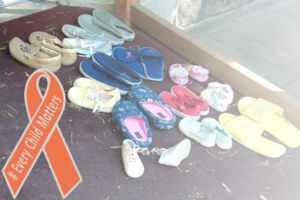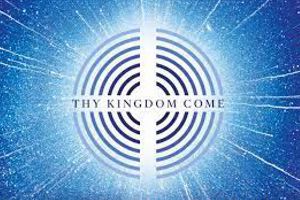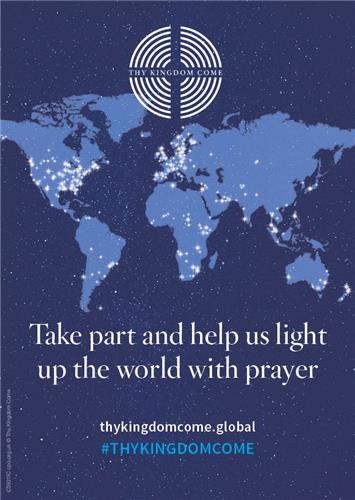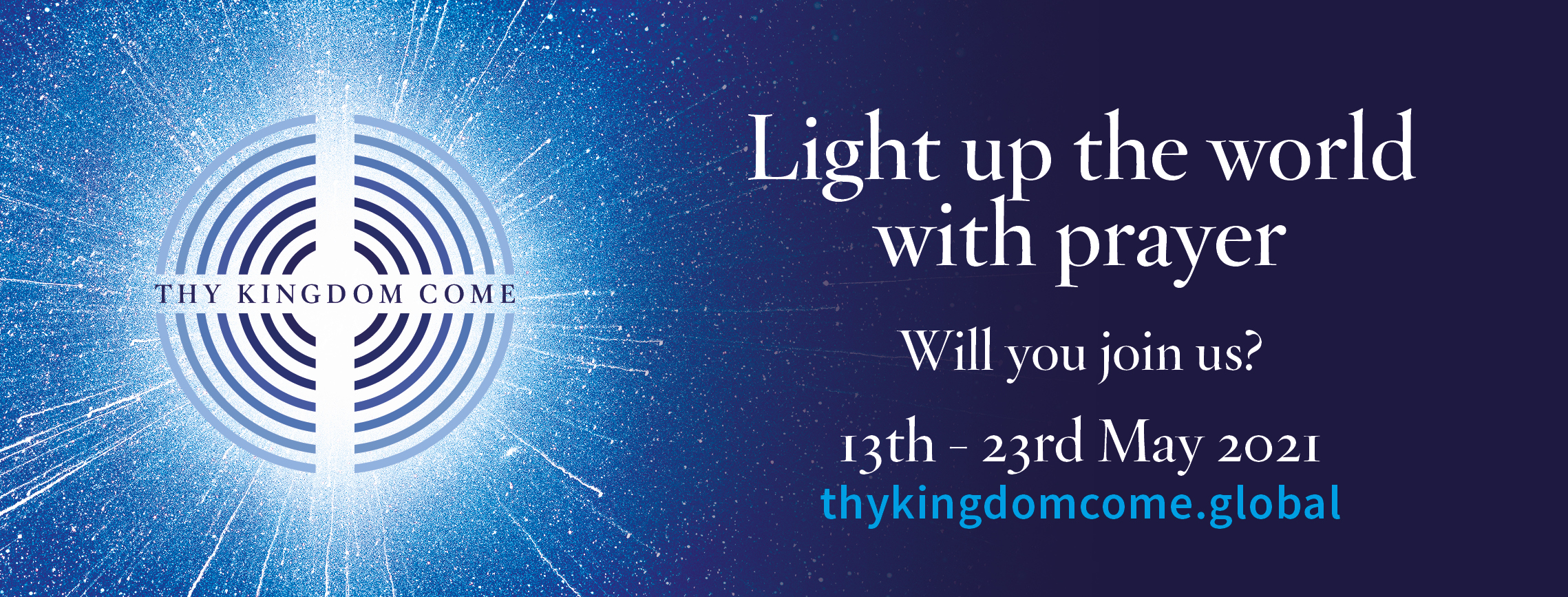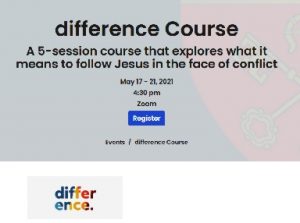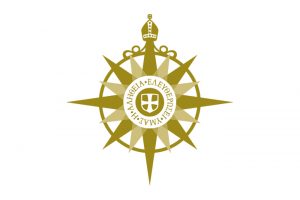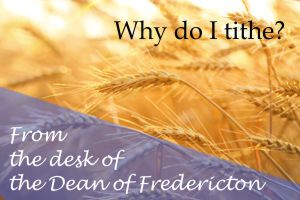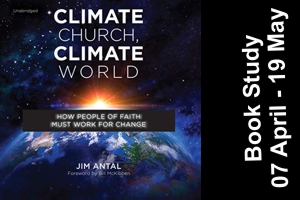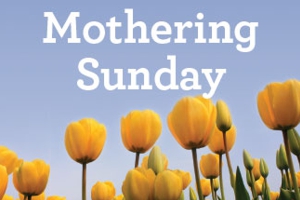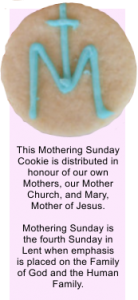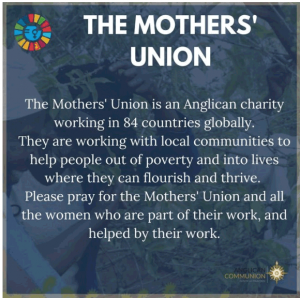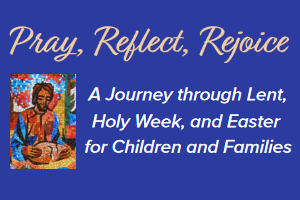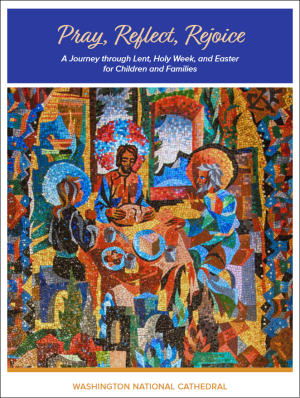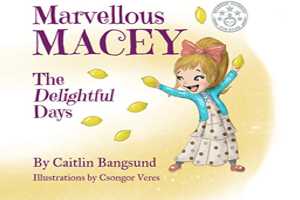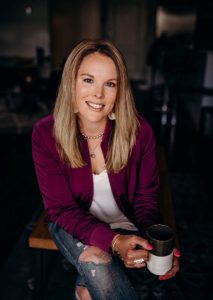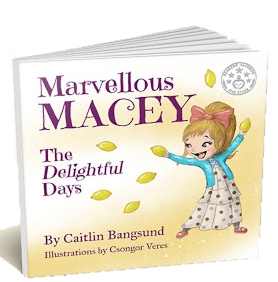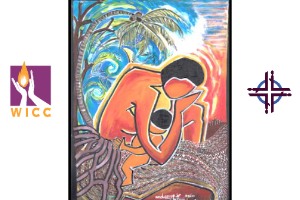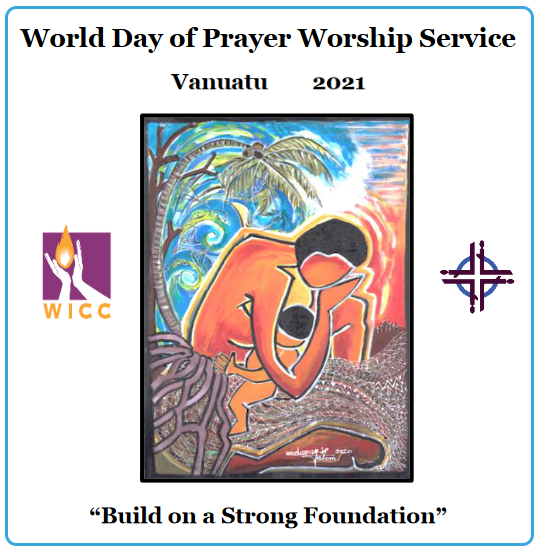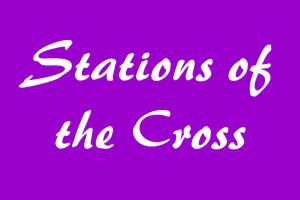Residential Schools and Missing Indigenous Children
Since the discovery of the remains of 215 children in unmarked graves at the Kamloops Indian Residential School, there have been questions about what the Anglican Church of Canada has done in response to the Calls to Action by the National Truth & Reconciliation Commission. There have also been questions about whether our National Church and dioceses are assisting in the work of making records available to indigenous leaders and communities so that other sites which may contain the remains of children who died at residential schools may be identified. I share with you part of a message from our Primate, Archbishop Linda Nicholls to the House of Bishops this week:
“We, of course, have much more to do to fulfill the TRC Calls to Action and are committed to that work, but we also need to keep our Church informed about work underway already.
The apologies of 1993 and 2019 are available on the national church website. There is ongoing work to make the Apology for Spiritual Harm available in Indigenous translations, just as the first apology has been translated (see: https://www.anglican.ca/tr/
Documents in the national archives relating to Anglican residential schools have all been copied and transferred to the Truth & Reconciliation Centre in Winnipeg. It is my understanding that all diocesan archives have also been transferred as required.
The national archivist, Laurel Parson, is committed to decolonizing the archives by including the original Indigenous names for places and people wherever possible. She spoke to (the Council of General Synod) in 2020 about that work and it was covered in The Journal at that time - here.
We are committed to the work of exploring the archives and burial records available in light of the list of missing children to find any references that would help with identification. All of this work must be done in collaboration with Indigenous people to set the parameters with sensitivity. I trust that diocesan archives will consider similar searches. There may be grants available through your province or territory to assist with the human resources needed to do this. In Ontario, the student summer grants program often helps the national archives complete projects.
I trust we are listening to the voices of Indigenous communities to walk with them in other actions needed. Anglican residential schools surely have similar unmarked sites and it is critical that we share in the responsibility to uncover as much information and truth as is possible in the coming months and years.
Please keep Archbishop Mark MacDonald and the Indigenous leaders – bishops, ACIP, Dawn Maracle and the suicide prevention workers, and all Indigenous clergy – all in your prayers. They are bearing the burden of the pain felt by so many in the reopening of the wounds of residential schools. With the death of (Indigenous Ministries Coordinator) Canon Ginny Doctor, and (Reconciliation Animator) Melanie Delva on leave, the leaders are under significant stress.” – Archbishop Linda Nicholls
